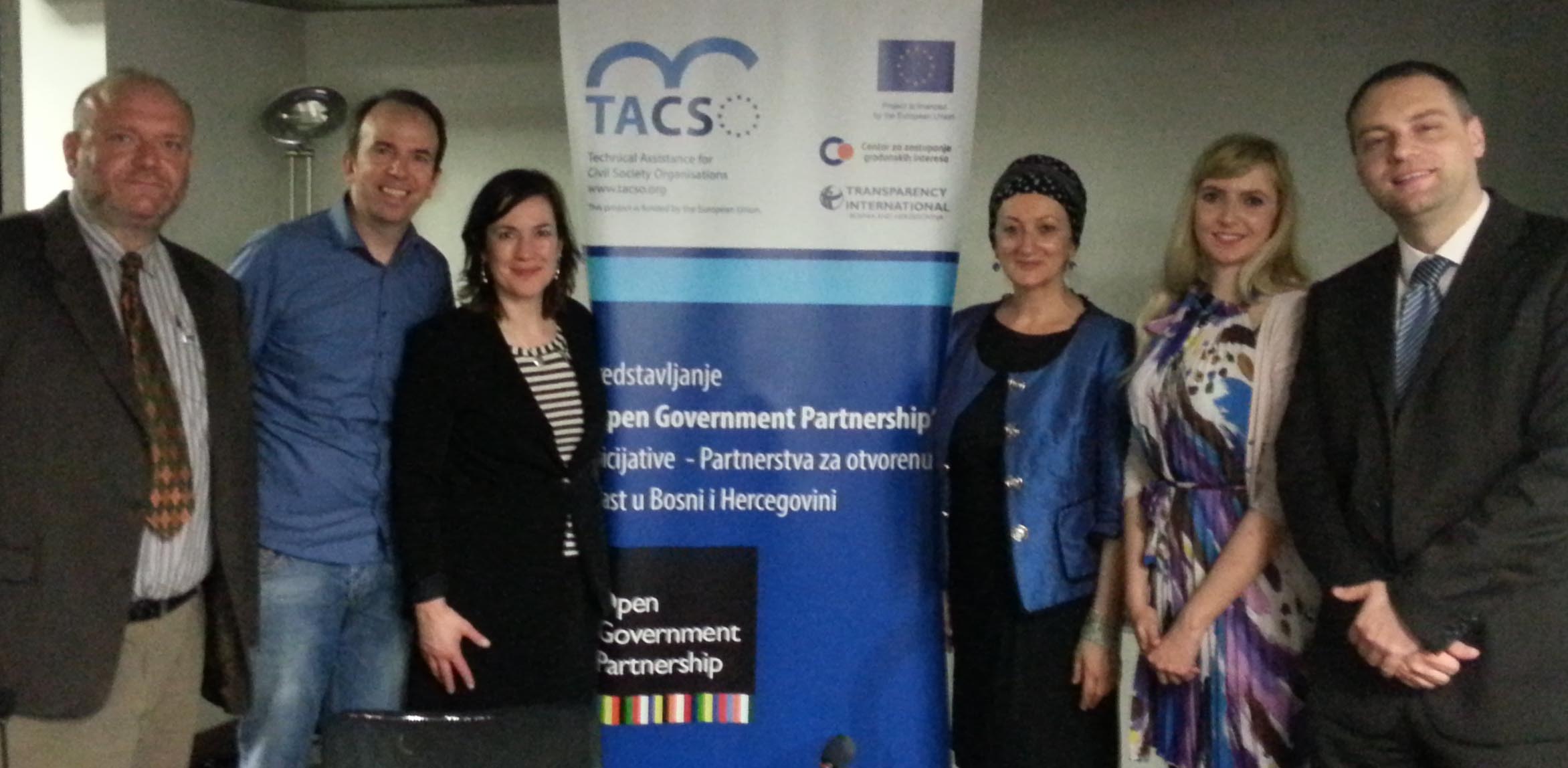Access Info joins OSCE in calling for withdrawal of amendments
Madrid, 4 June 2013 – Access Info Europe today raised concerns that proposed amendments to the Law on Freedom of Access to Information of Bosnia and Herzegovina would exclude large volumes of information from the right of access to information.
In separating the freedom of information law from the law on personal data protection, the proposed amendments, in particular Article 8.2, introduce restrictions on access to data of clear public interest, such as spending of public funds on healthcare, or copies of court decisions.
“The poorly drafted and ill-considered amendments would shut down access to information needed for monitoring public spending and the administration of justice, would limit the work of civil society organisations, and would hamper investigations by journalists,” said Helen Darbishire, Executive Director of Access Info Europe.
Darbishire, who was a member of the Commission of Experts which drafted Bosnia and Herzegovina’s first original Law on Freedom of Access to Information (2000), has prepared an analysis for the Office of the Representative on Freedom of the Media of the Organization for Security and Cooperation in Europe, available here.

The OSCE Representative on Freedom of the Media, Dunja Mijatović, has also expressed concern about the amendments saying that they “could severely restrict access to information in Bosnia and Herzegovina. Several provisions being put forward are not in line with international standards on access to information laws.”
Bosnia and Herzegovina is considering joining the Open Government Partnership. Access Info Europe notes that while national CSOs welcome this possibility, there is also concerned that the still-fragile country will not continue to meet the eligibility criteria because assets declarations by public officials was recently withdrawn from public access. It is not the moment for further backward steps away from transparency.
Access Info Europe notes that one of the justifications for the amendments is to bring the Bosnia and Herzegovina FOI law into line with the provisions of the Council of Europe Convention on Access to Official Documents which it ratified on 31 January 2012. Such reforms are acceptable so long as they are done in a way which is consistent with the convention, which does not permit blanket exclusions of any information containing a name, but requires case-by-case assessments of public interest and partial access should some information need to be redacted.
In Access Info Europe’s analysis, the proposed Article 8.2 would place a mandatory exception on provision of information which includes:
» Use of public funds for social welfare, healthcare and unemployment benefits;
» Any information about the performance of public office holders which does not fall under a narrow list (income, property and conflict of interest of public office holders and their relatives, as detailed under the law which deals with prevention of conflict of interest);
» All court decisions which are not included in a limited list of “cases of public interest” (“war crimes, organised crime, corruption, terrorism, tax evasion and other cases which represent cases of public interest”) as well as potentially other information about court cases while proceedings are ongoing or after decisions have been reached;
» Possibly, any data about public employees which is not simply their first name, last name and title.
“Protecting personal data and ensuring the right balance with transparency does not warrant these provisions. A better solution would be through strong and effective oversight by an independent body, such as reinforced Ombudsman powers or an independent Information Commissioner as in other countries in the region,” concluded Darbishire.
For more information, please contact:
Helen Darbishire, Executive Director, Access Info Europe
helen@access-info.org | +34 667 385 619

